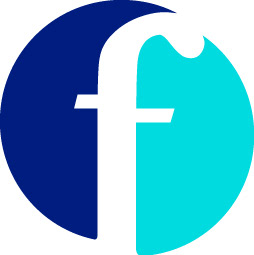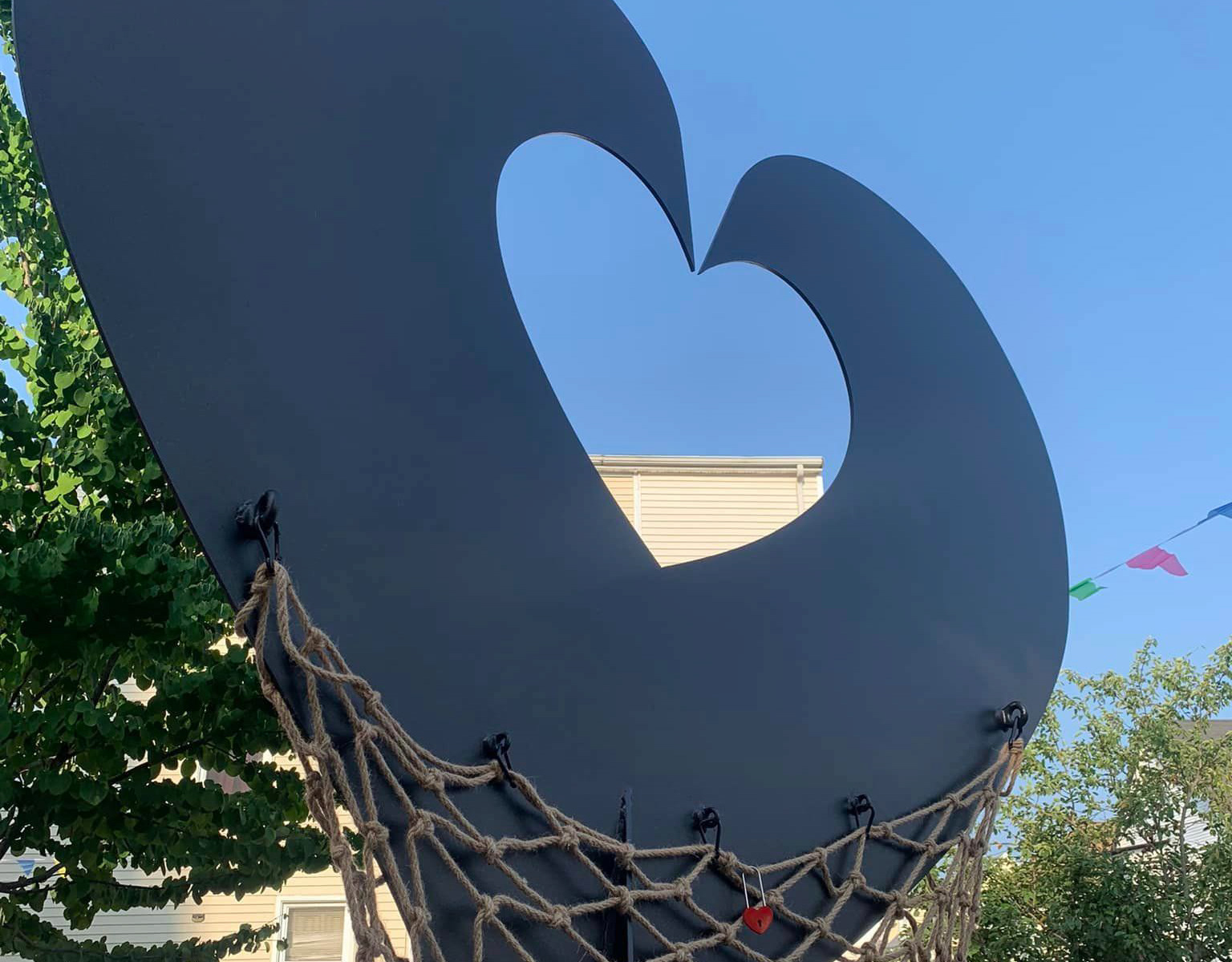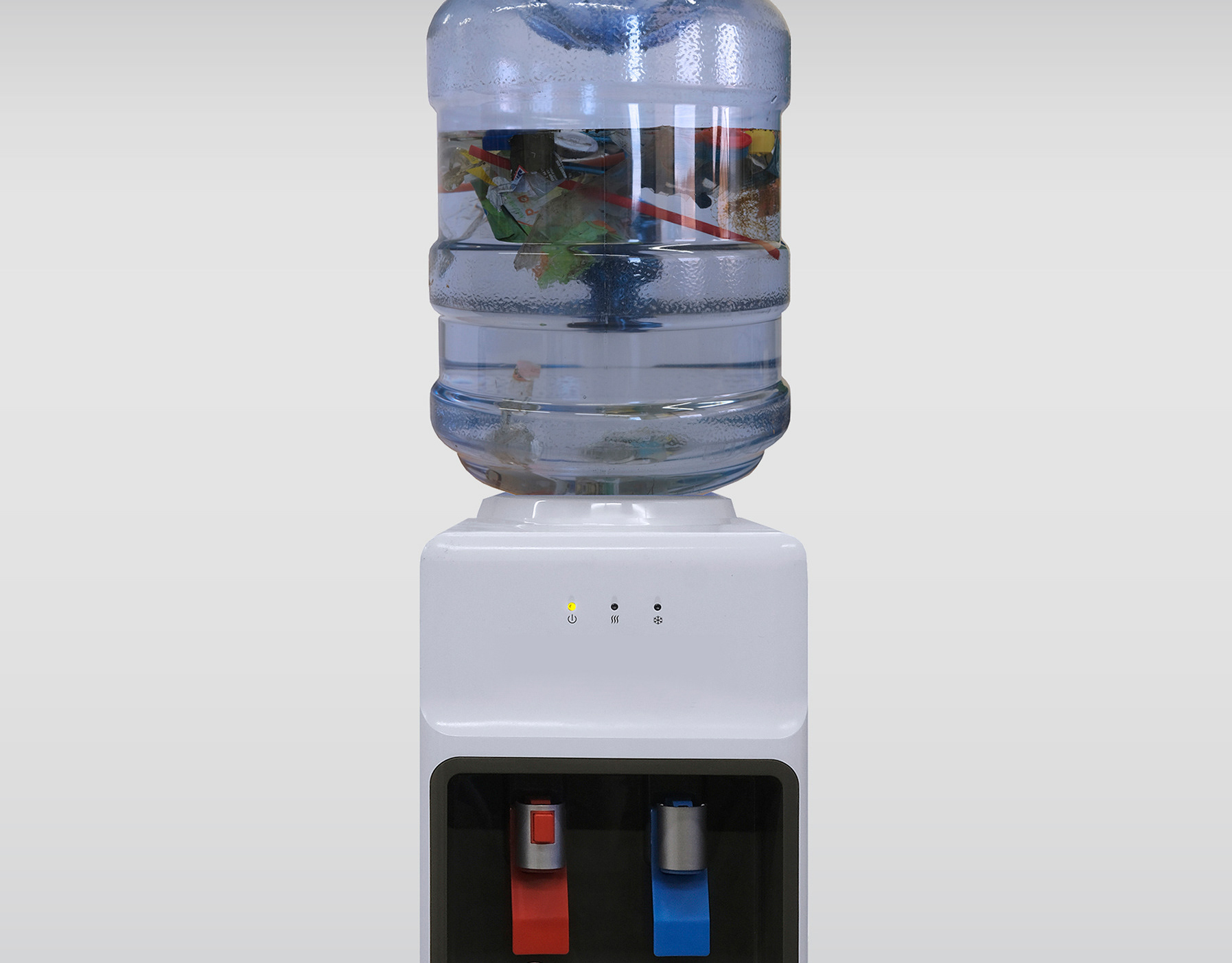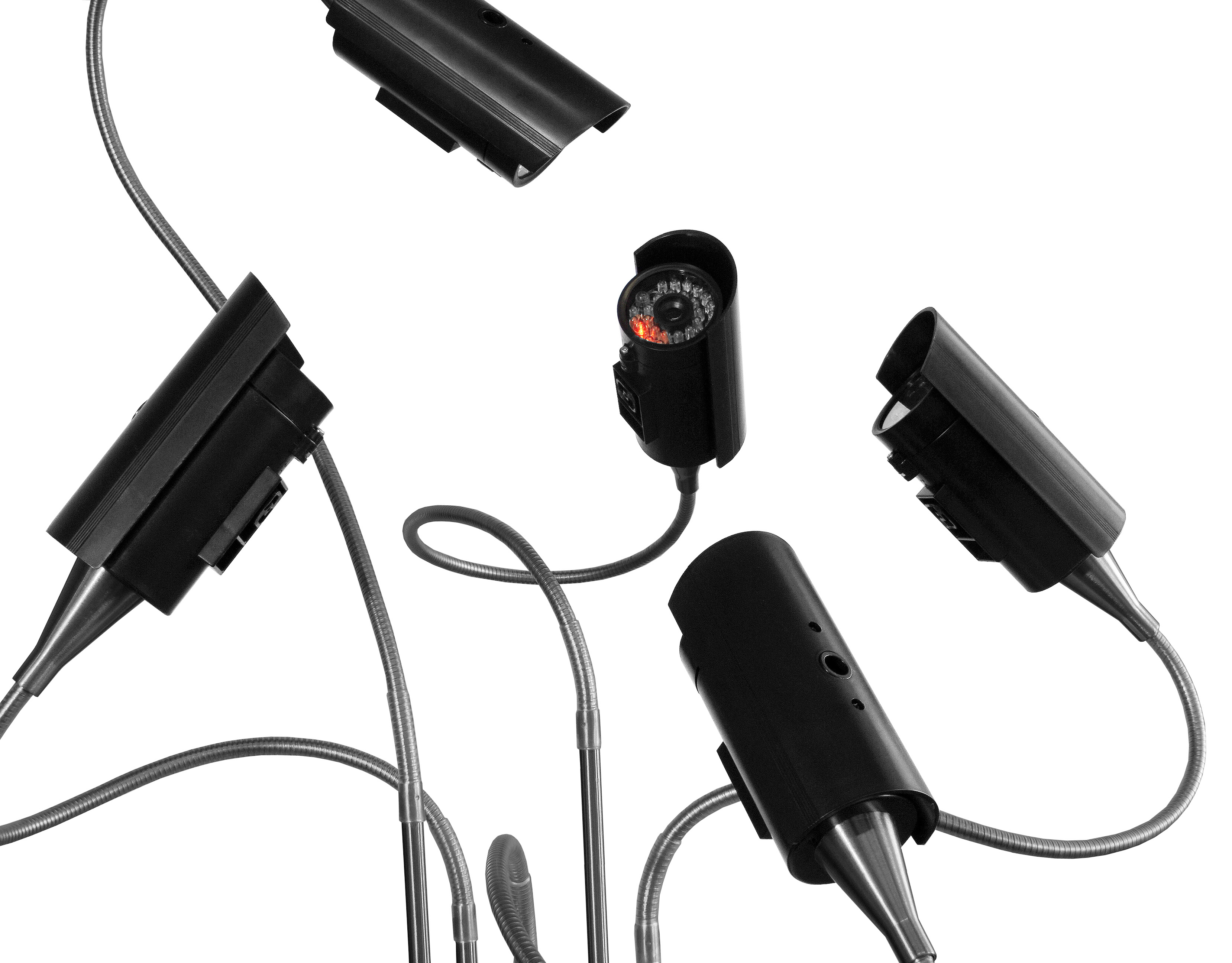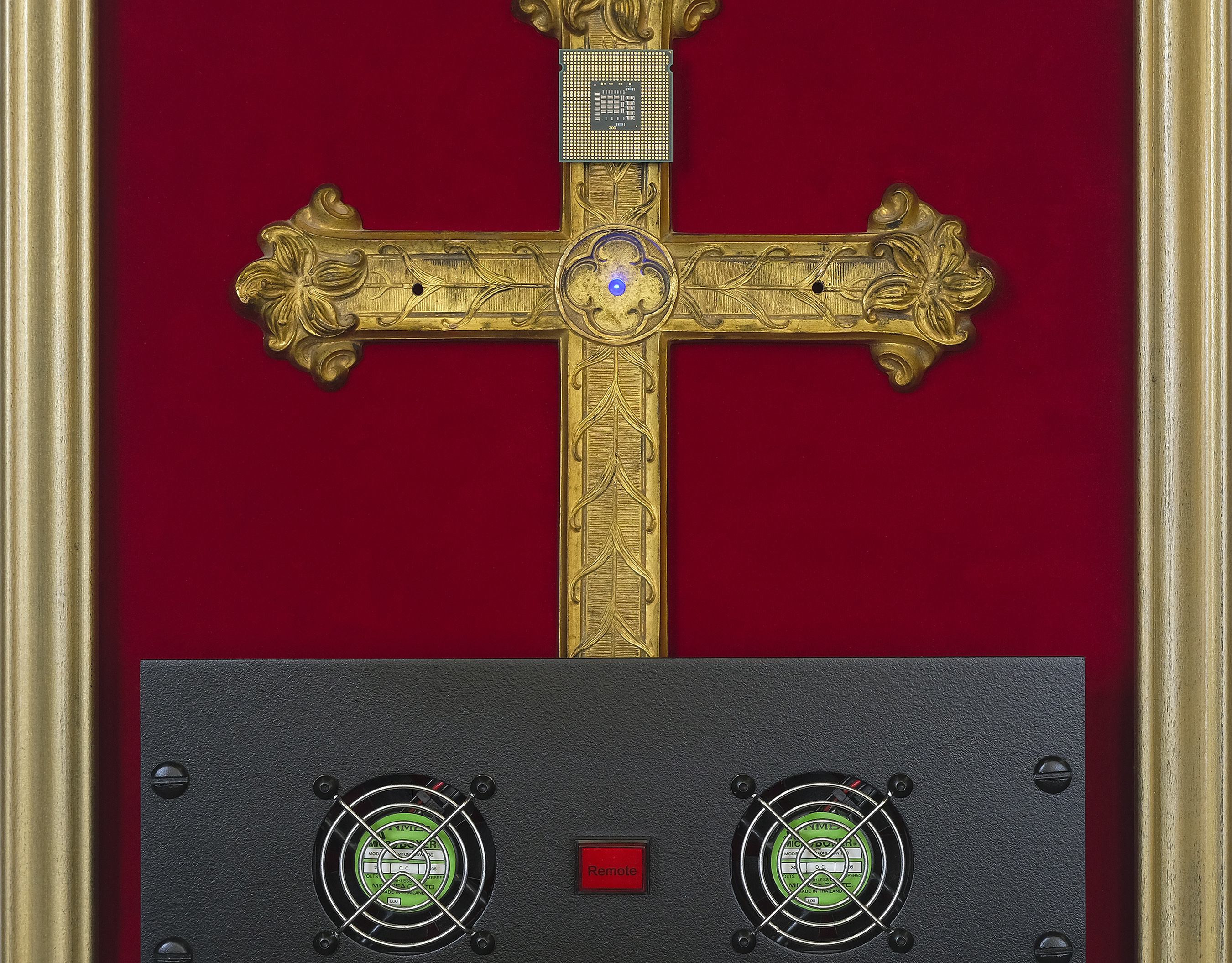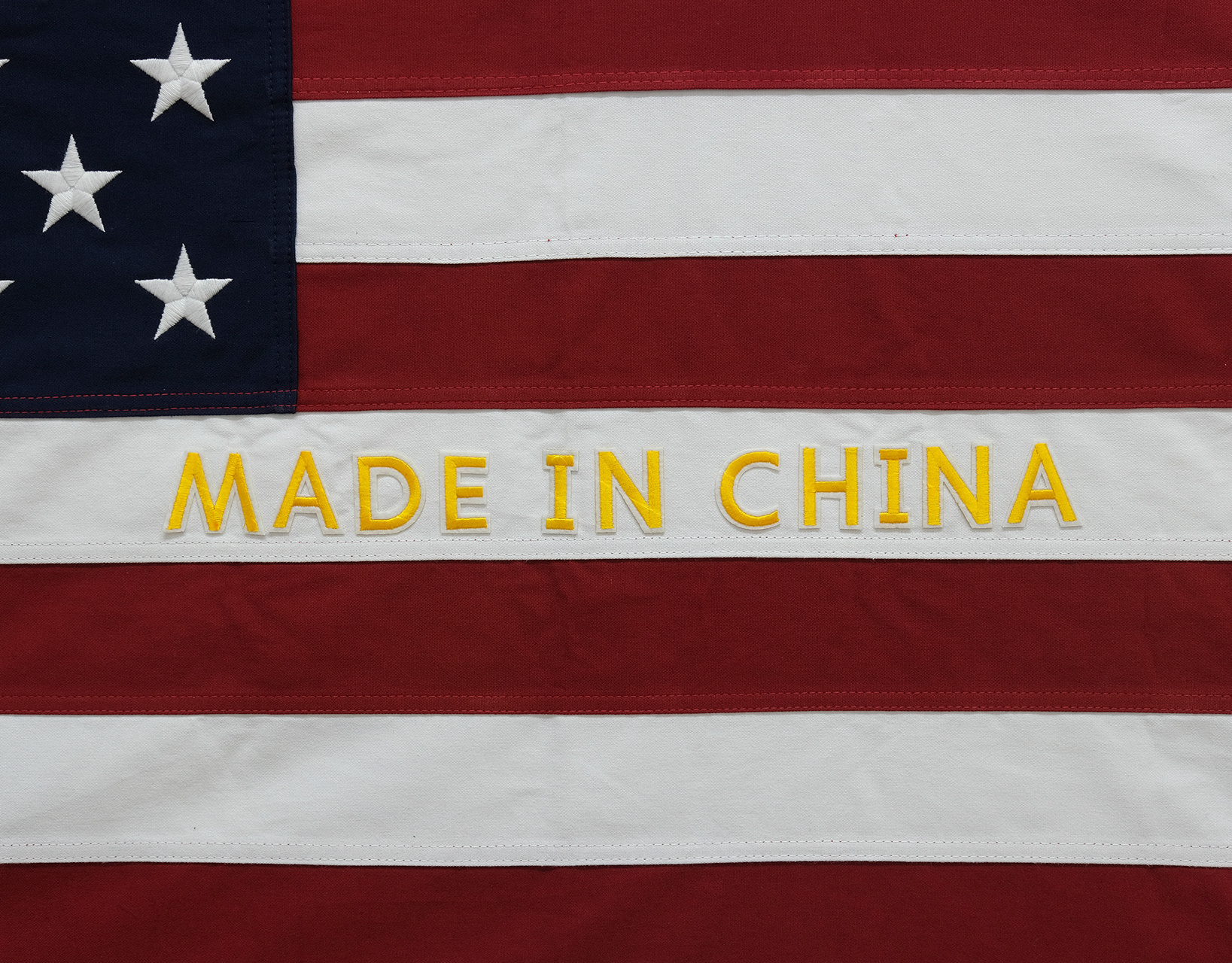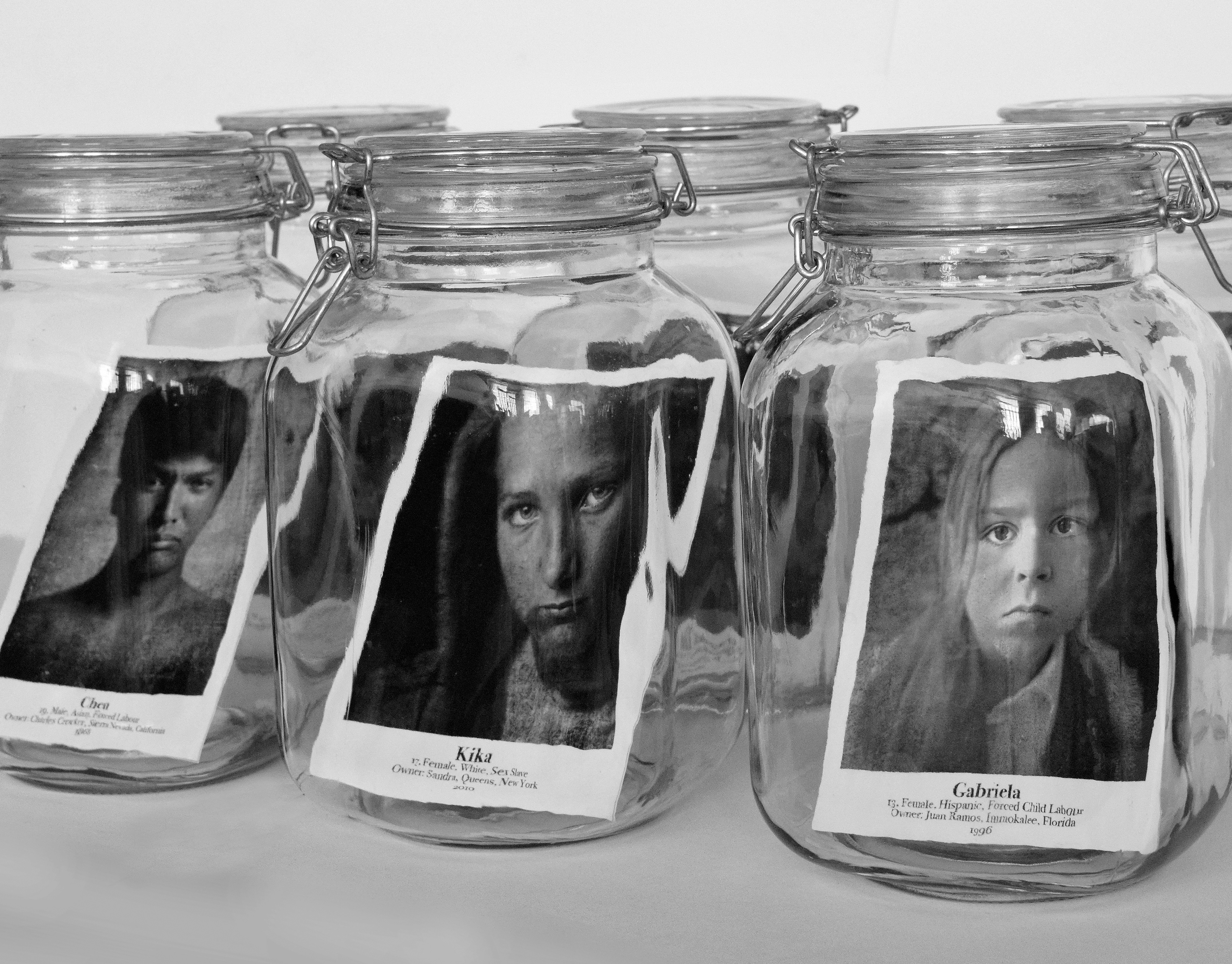As the creator of this artwork, I felt compelled to create a piece that delivers a direct, visceral critique of corporate responsibility—or the profound lack thereof—in the face of the climate crisis. My piece, which recontextualizes an illuminated Shell Corporation sign, is a deliberate act of environmental activism and a visual metaphor for a moral failure.
When I transformed the letter "S" into a dollar sign and allowed the rest of the illuminated sign to read "HELL," I wasn't being subtle. I wanted to highlight the stark reality: a prioritization of profit over the principles of environmental stewardship is actively leading us toward disaster. That luminous "HELL" is the dire, almost biblical consequence of corporate negligence.
I read the internal communications and saw the data. Shell and companies like it consciously chose to embrace ambiguity and push for increased oil and gas production, even after acknowledging the risks. This is why the artwork functions as more than just a sculpture; it’s a call to action. It forces viewers to confront the environmental injustices that are being perpetuated by corporate entities whose immediate financial interests supersede the long-term health of our planet and its inhabitants.
This artwork is my contribution to the urgent dialogue about systemic change. I aim to illuminate the paradox of corporate responsibility and environmental degradation, urging people to recognize the intersection of corporate interests and ecological consequences. Ultimately, I hope the piece underscores the critical need for accountability, advocating for a future that prioritizes sustainability over short-term gain, and reminding everyone that our inaction today is an active choice that leads toward a reckoning of unprecedented proportions.
